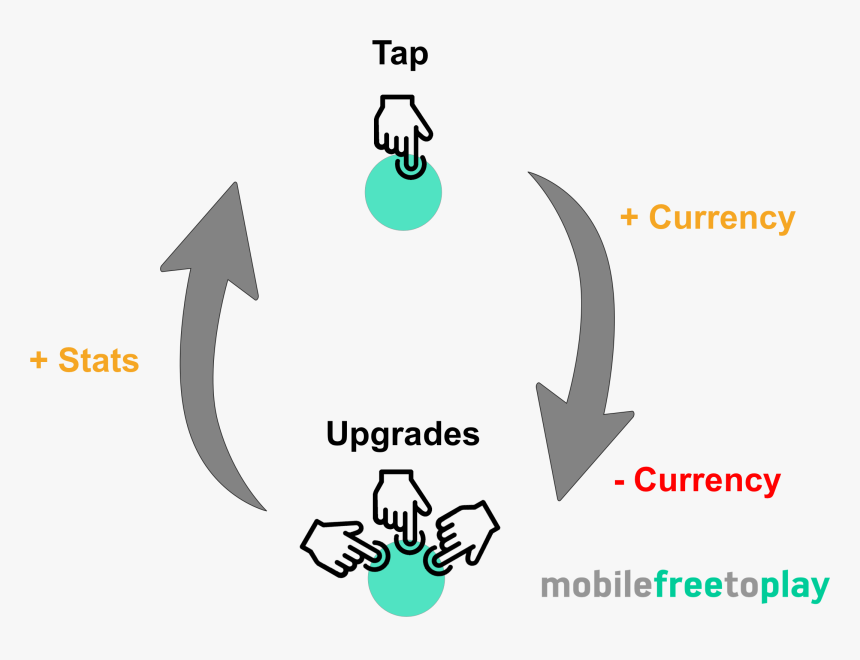

Now, this isn't the only theme running through today’s customers, especially the youngest of those customers. The life, you could say, they've adapted to, hedonically. The main difference is that their timetable, their definition of "lately," is shorter than it’s ever been before.Ĭan you blame them? This is the world they grew up in: Not the world of an annual Sears catalog and an annual Detroit model update, but the world of specials that change minute by minute on Amazon, ending-right-now online auctions and, of course, endless competitive offerings being just a mouse click or thumb's length away. When it comes to today’s breed of customers, including the soon-to-be-dominant Millennial generation, they’re far from unique in wanting to know what a business has done for them lately. In a customer context, the psychological principle called “hedonic adaptation” manifests itself "What have you done for me lately?" syndrome, the natural desire of your customers for innovation, new colors and screen sizes, better pricing, faster service, and so forth. As a negative force, it’s to blame for such consequences as the fabled seven year itch, and the fact that catchy new songs become irritating not-so-new songs so quickly. This is called the psychological principle of “hedonic adaptation.”Īs a positive force, hedonic adaptation is a very good thing if you lose a job (or even a leg) it helps you to accept and ultimately adapt to your new situation.

There’s a natural tendency for human beings to grow accustomed to any condition–positive or negative–over time.


 0 kommentar(er)
0 kommentar(er)
